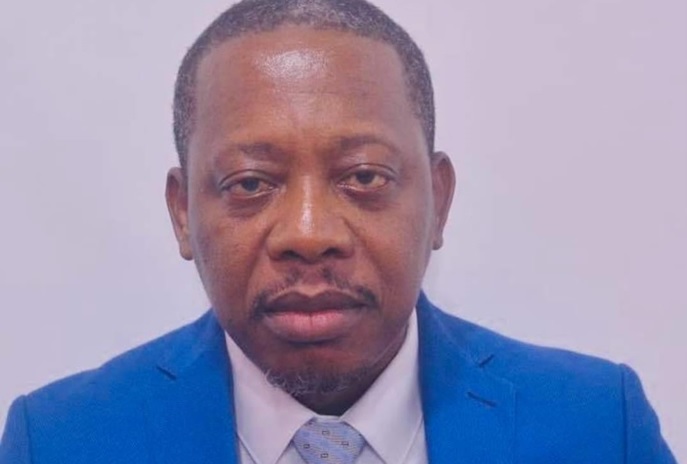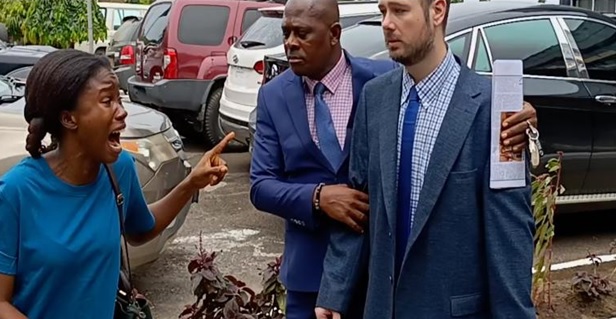MONROVIA, LIBERIA – Former Coalition for Democratic Change (CDC) Representative, Acarous Moses Gray, has ignited a debate over the selective enforcement of Liberia’s Code of Conduct by the current administration led by President Joseph N. Boakai. Gray, former Montserrado County District #8 lawmaker’s outspoken criticism addresses what he perceives as a concerning trend of inconsistency and bias in upholding ethical standards within the government.
President Boakai’s legal advisor, Cllr. Bushuben Keita, recently announced the administration’s decision to scrap tenured officials, citing violations of Section 5.8 of the Code of Conduct. However, Gray raises questions about the administration’s approach, particularly regarding the enforcement of Article 56(a) of the Liberian constitution, which prohibits government officials from engaging in political activities.
In a Facebook post on Friday, April 19th, Gray’s critique emphasizes the imperative of consistency and fairness in governance. He highlights the contradiction between replacing some officials for alleged violations while overlooking others who engage in political activities, suggesting a double standard within the administration’s enforcement of the law.
By drawing attention to the administration’s selective application of the Code of Conduct, Gray initiates a broader conversation about the rule of law and ethical conduct in Liberian politics. His call for accountability resonates across various media platforms, prompting reflection on existing mechanisms for ensuring transparency and integrity in government operations.
Gray’s message serves as a reminder to President Boakai’s administration of the importance of upholding the principles outlined in the Code of Conduct without bias or favoritism. It urges a reevaluation of the approach to enforcing ethical standards within the government, emphasizing the public’s expectation for integrity and fairness in governance.
The debate sparked by Gray’s criticism harks back to previous attempts by the CDC government to remove tenured positions within the Executive Branch, a move opposed by the current ruling Unity Party and criticized by the public and opposition bloc. Despite the bill’s failure to pass the Senate, concerns linger about its potential implications for institutional integrity and the legality of subsequent actions.
In conclusion, Acarous Moses Gray’s outspoken challenge to the selective enforcement of Liberia’s Code of Conduct serves as a wake-up call for the Boakai administration to revisit its approach to upholding ethical standards. It underscores the necessity of consistent and impartial governance, reaffirming the public’s demand for accountability and transparency in political processes.







